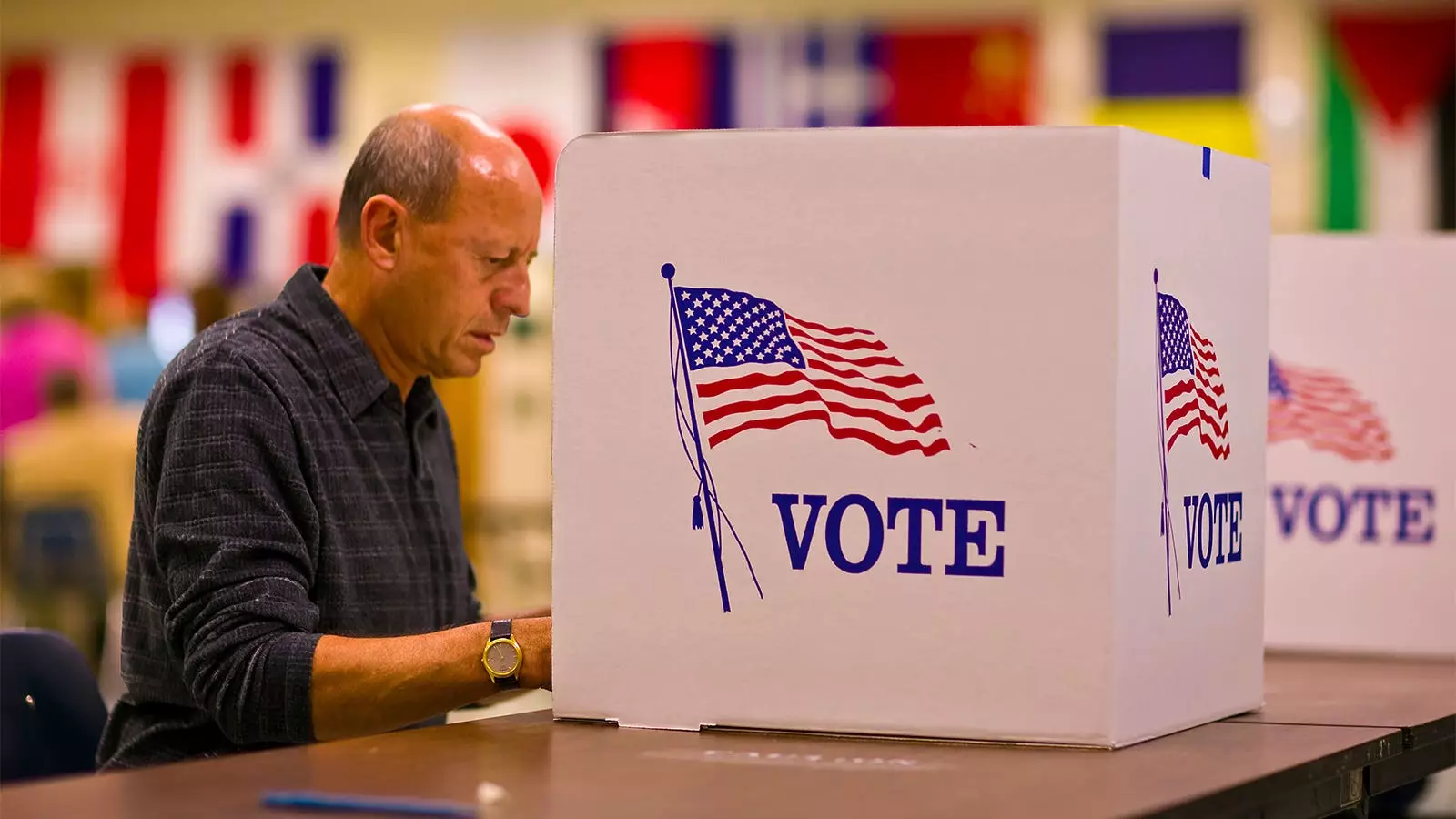In a world that often glorifies ambition and success at any cost, the wisdom gleaned from the experiences of those who are nearing the end of their lives can offer profound insights. As a hospice social worker and death doula, I have had the privilege—and the burden—of being present with individuals from all walks of life as they confront their mortality. The collective regrets shared in those intimate moments have deeply influenced how I view political leaders and the issues they embody. As we approach a critical election year, I feel compelled to articulate these insights into what I call my “Deathbed Regrets Voter Guide.”
The journey into understanding the regrets of the dying began for me in 1994, shortly after earning my Master of Social Work degree. With each visit to patients in hospices across Los Angeles County, I learned that despite different backgrounds, the human experience converges on common themes of connection, compassion, and responsibility. Those taking their last breaths wished fervently to impart wisdom that could guide the living—advice that transcends the political divides we often erect.
Over the decades, I have encountered a myriad of regrets that echo through time. What stood out was the recurring theme concerning relationships and care for others. Many lamented not having prioritized their family and friends during their lives. They emphasized a deep need for community and expressed sorrow over having allowed the hustle and bustle of work to overshadow valuable moments spent with loved ones. This introspection sheds light on a pressing political concern: the necessity of policies that ensure families can thrive together, unburdened by systemic obstacles that inhibit connectivity.
Another striking regret commonly voiced was the fixation on wealth and material success. Individuals who had dedicated their lives to accumulating power often found themselves devoid of meaningful relationships or peace. Herein lies a call to those in power: if the priority of leaders remains on financial gain rather than societal well-being, then we must challenge that status quo. The politicians I support are those who recognize the worth of compassionate governance over personal aggrandizement.
Moreover, the ramifications of a system that pressures individuals to work excessively, sacrificing both health and happiness, surfaced repeatedly in conversations. Many expressed remorse over neglecting their health due to financial constraints. They often postponed medical attention, fearing the economic repercussions of seeking care. This raises a crucial point: how do candidates view healthcare as a human right versus a market commodity? The echoes of the dying implore us to seek a healthcare system where avoidance of treatment due to financial burdens becomes obsolete.
In applying the regret-driven lessons from the dying to the voting process, it becomes imperative to consider how candidates align with these core values. As the political landscape grows increasingly polarized, I urge voters to evaluate issues through a lens of empathy and humanity. Are candidates advocating for policies that ensure basic human needs—like food security, affordable housing, access to healthcare, and educational opportunities—are met for every citizen?
It is essential to scrutinize whether these leaders prioritize personal ambition or the well-being of the populace when addressing societal issues. Questions regarding their positions on childcare, family leave, and fair wages become not just inquiries regarding policy but reflections of our collective values.
These perspectives invite us to be intentional in our voting choices, recognizing that the ballot represents more than candidates; it signifies the kind of society we aspire to cultivate. Each vote is an opportunity to honor the legacies of those who have imparted their wisdom in our most fragile moments.
As we head into the next election, I encourage fellow citizens to reflect deeply on the values that resonate with their experiences and aspirations. Will our votes reflect our commitment to democratic ideals and the compassionate society we wish to build? Voting isn’t simply an act of civic duty; it’s a conscious choice that can influence the trajectory of our communities and the lives within them.
Recognizing our agency in shaping a world that values human dignity and supports our collective growth could prevent the heartbreak of regret felt at the end of life. The voices of those who have lived—and are now passing—should inspire active participation in the democratic process. Let us choose to listen, learn, and live by the principles they embodied.
In making informed and thoughtful voting decisions, we can transform the heartfelt regrets of those who came before us into powerful catalysts for change. Let us not only vote for candidates but for a vision of a society that prioritizes compassion over competition, care over coldness, and humanity over hubris.


Leave a Reply